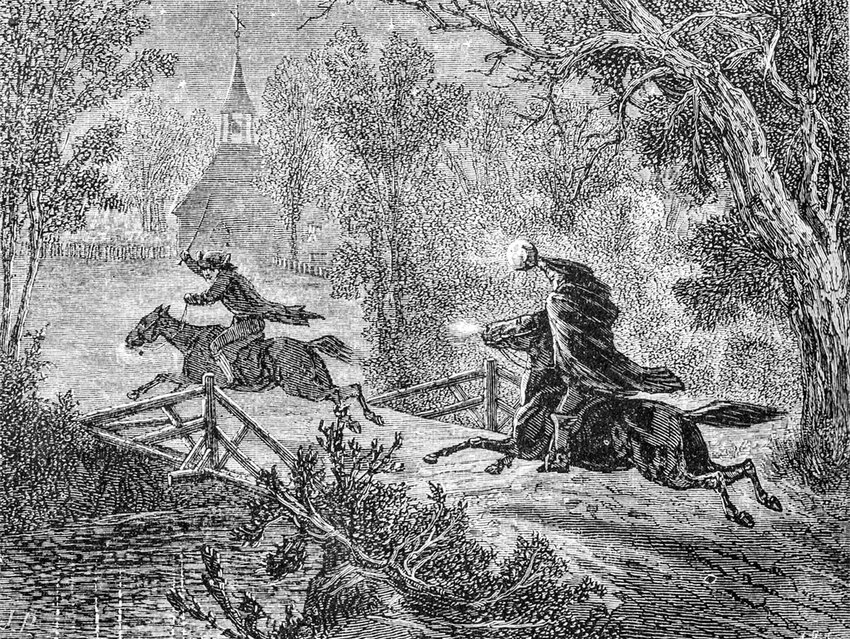
Pavlovian
[pav-LOH-vee-ən]
Part of speech: adjective
Origin: From proper name, 20th century
1.
Relating to classical conditioning as described by I. P. Pavlov.
Examples of Pavlovian in a sentence
"My cat’s Pavlovian response to the sound of me making coffee is to sit at my feet and wait to be fed."
"Whether I’m hungry or not, I have a Pavlovian response to commercials during the ball game, in which I get myself a snack from the kitchen."
About Pavlovian
“Pavlovian” was named for Russian physiologist and psychologist Ivan Petrovich Pavlov.
Did you Know?
Ivan Petrovich Pavlov is known for discovering what’s called “classical conditioning” in psychology. Pavlovian conditioning combines a desirable stimulus with an otherwise meaningless stimulus, such as the sound of a bell. Pavlov discovered that when he paired food for dogs with a simple tone, dogs would associate that sound with food and would salivate as though they were being fed, even when there was no food in front of them. This revolutionary discovery is now so widely known that we use the term “Pavlovian” to describe any kind of automatic or unconscious response to stimuli.








